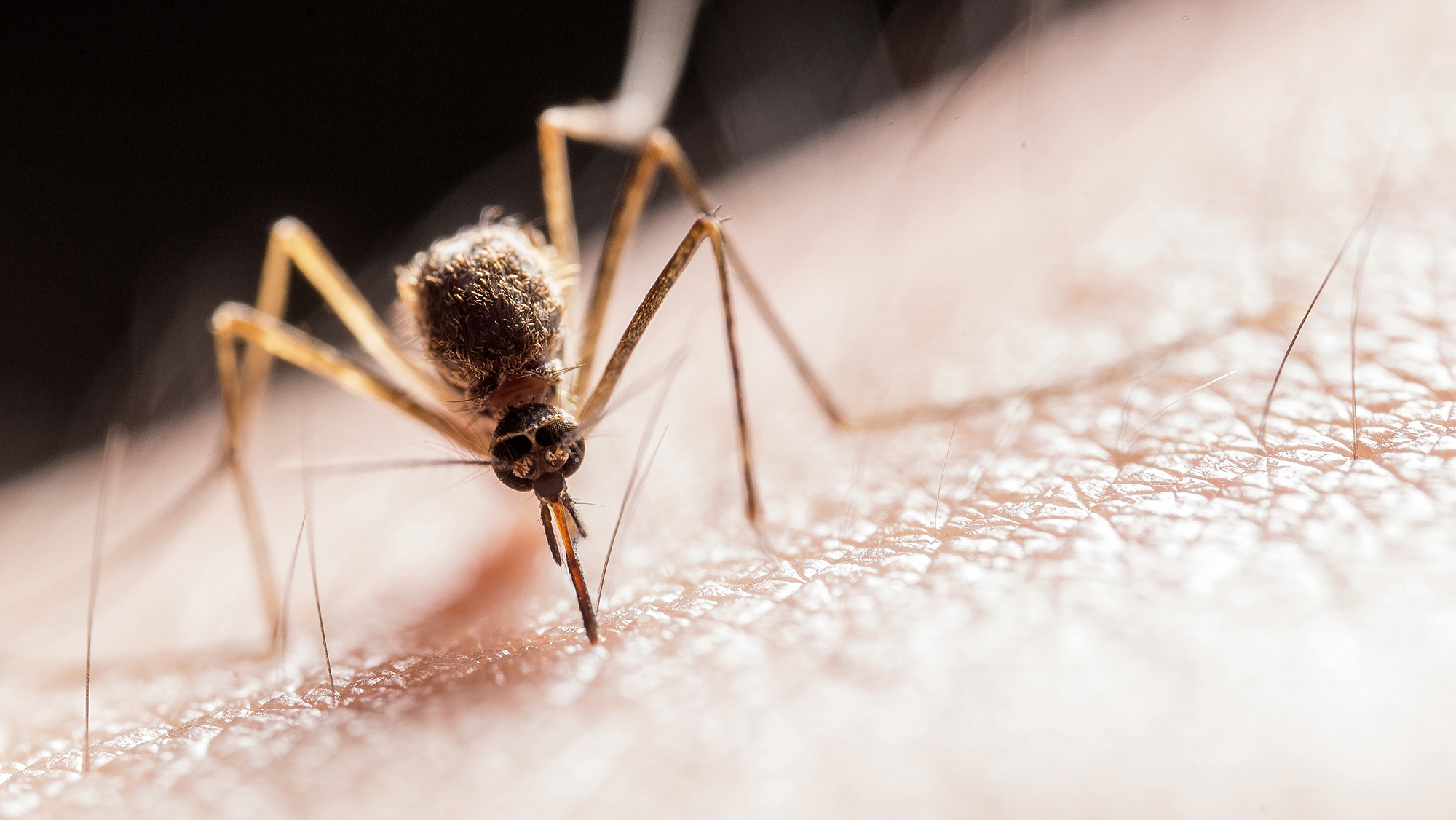Berwyn Heights resident Geneviève de Messières was left surprised when a mosquito bit her in late October. She knew it was not normal this late in the year — but it soon could be with climate change lengthening mosquito season.
When people think of the impacts of climate change, invasive plant species, extreme weather events such as wildfires and warmer temperatures come to mind. But recent research suggests warmer weather and increased rainfall from climate change will also increase mosquito presence across the United States.
A study from Climate Central found the number of mosquito days in Washington, D.C., increased by an average of 10 days between the 1980s and 2010s. The study analyzed weather conditions in 239 places in the continental U.S. and found the conditions that mosquitoes survive best in — temperatures between 50 and 95 degrees and a relative humidity of at least 42 percent — have been on the rise since the 1980s.
The analysis also includes three Maryland cities: Baltimore, Hagerstown and Salisbury. Mosquito season has stretched by nine, 15 and seven more days respectively in the 2010s than in the 1980s in these cities. Hagerstown saw the largest increase in mosquito days in the 2010s but also had the shortest mosquito season in the 1980s, lasting an average of 132 days.
Like de Messières, Matt Fitzpatrick also noticed mosquitoes active later this fall.
[Want to help the environment? Some local residents suggest keeping leaves on yards.]
Fitzpatrick, a professor and associate director for research at the University of Maryland environmental science center, said mosquitoes were particularly bad this year at his house, despite having a summer with little rain and a dry yard.
“As soon as we would go outside onto our deck, there would just be swarms of mosquitoes around us,” he said. “This year has been the worst by far. Why? I don’t exactly know.”
Entomology professor Michael Raupp explained that temperature increases the speed in which insects develop, grow, molt and capture their prey. In a warming world, winter is shorter, so mosquitoes become active earlier in the year and remain active later in the year.
Culex mosquitoes, a group that carries West Nile virus, can develop twice as fast in 90-degree weather compared to at 70 degrees, Raupp said.
“This contributes to many, many more generations … by completing more generations, it’s going to bring these mosquitoes in contact with other creatures that, for example, birds, that serve as a reservoir for diseases like West Nile virus,” he said.
[UMD public health professor wins award for excellence in environmental leadership]
Raupp said these changes could be exacerbated in places such as Maryland and other urban areas, especially College Park, because cities tend to be warmed as a result of urban heat island effects.
However, Fitzpatrick said there is also a flip side to the warming weather with mosquitoes.
“Some mosquitoes can’t tolerate over certain temperatures, and that could reduce their activity or ability to reproduce,” Fitzpatrick said.
But Fitzpatrick said confronting these problems is “not a lost cause.”
“We’re doing an uncontrolled experiment on our planet,” Fitzpatrick said. “Just pumping greenhouse gases into the atmosphere without any mitigation is taking us to a place that we don’t really know how bad it could get … there’s still time to fight this.”



